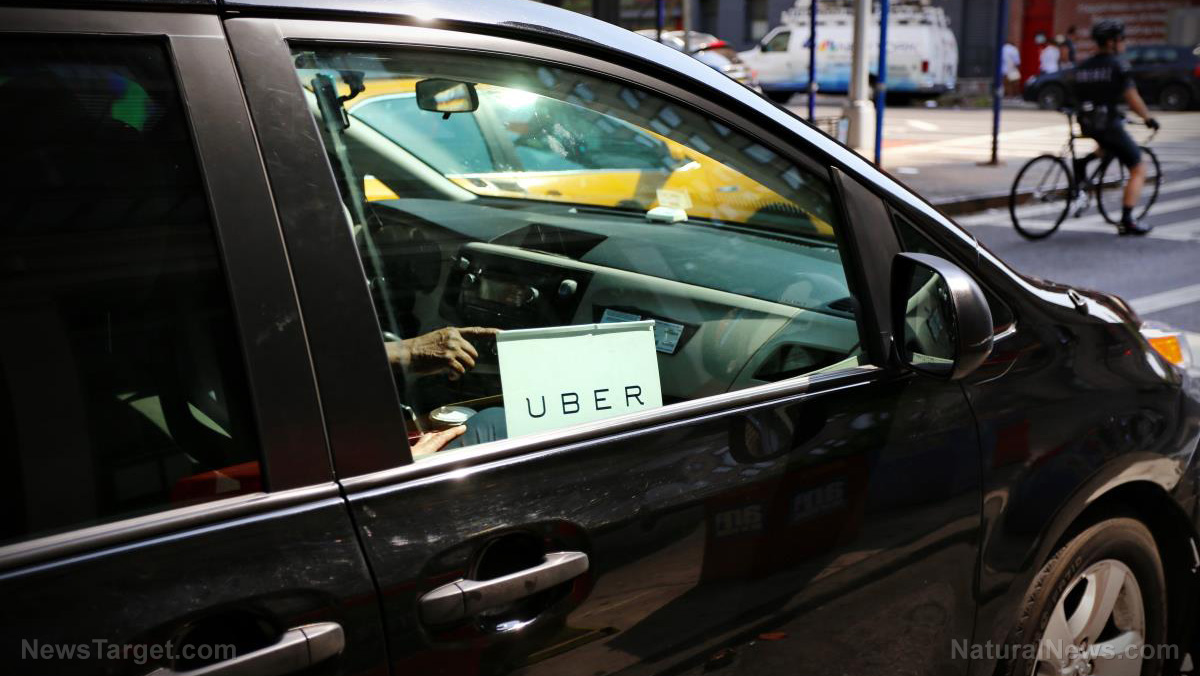
The project is launching thanks to an investment of £210 million from the UK government and £195 from private firms. Private investors included Rolls-Royce Group, Exelon Generation and BNF Resources. The investment will be used to develop the SMR design and bring it through the regulatory processes required to assess its suitability for deployment in the UK.
They will also determine the sites where the reactors’ parts will be manufactured, with the north of the UK expected to be a top contender thanks to the existing nuclear expertise in the area. The company aims to create 40,000 jobs in the next 30 years.
The small modular reactors operate like conventional nuclear fission reactors but on a smaller scale. A single power station would take up just one tenth of a conventional nuclear plant and be capable of powering a million homes. Each plant will be able to generate 470MW of power, which is the same amount of energy that is produced by 150 wind turbines.
According to Business and Energy Secretary Kwasi Kwarteng, SMRs offer the chance to “cut costs and build more quickly, ensuring we can bring clean electricity to people’s homes and cut our already-dwindling use of volatile fossil fuels even further.”
He added that the move was a “once-in-a-lifetime opportunity” for the country to deploy more low-carbon energy and achieve greater energy independence.
SMRs are more cost-effective
The SMRs are expected to cost around £2 billion each, which is significantly less than the £20 billion price tag on a larger plant that is currently under construction at Hinkley Point and another plant expected to get the go-ahead soon in Suffolk.
Rolls-Royce CEO Warren East said: "With the Rolls-Royce SMR technology, we have developed a clean energy solution which can deliver cost-competitive and scalable net-zero power for multiple applications from grid and industrial electricity production to hydrogen and synthetic fuel manufacturing."
Their smaller size is just one reason they are less expensive. In addition, parts for these SMRs can be manufactured in factories and then shipped to the sites by road, which reduces costs as well as construction time.
It is believed that as many as 16 of these reactors could be built for use across the UK to produce electricity; they will also be open for export to customers around the world.
Rolls-Royce SMR Chief Executive Tom Samson said: “Our transformative approach to delivering nuclear power, based on predictable factory-built components, is unique and the nuclear technology is proven."
The news is not being welcomed by everyone. Greenpeace Chief Scientist Dr. Doug Parr said that SMRs are still more costly than renewable technologies and come with the problem of finding a suitable place for disposing of radioactive waste.
Friends of the Earth Head of Policy Mike Childs said he would rather see the government supporting the development of renewable resources such as tidal, solar and offshore wind while enhancing measures that allow people to reduce their energy wastage.
However, several other countries have recently made moves to increase their nuclear power efforts. France is adopting nuclear as part of a strategy by President Macron toward decarbonization, while a move to SMRs to generate green energy is also being mulled in Poland. China, meanwhile, has plans to build 150 new reactors in the next 15 years as it transitions away from coal.
Sources for this article include:
Please contact us for more information.























